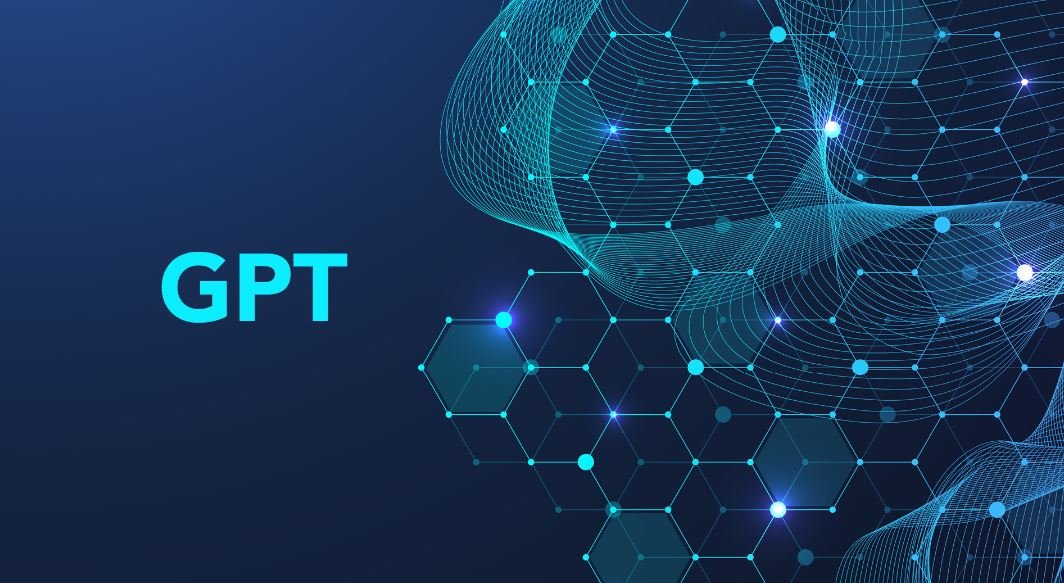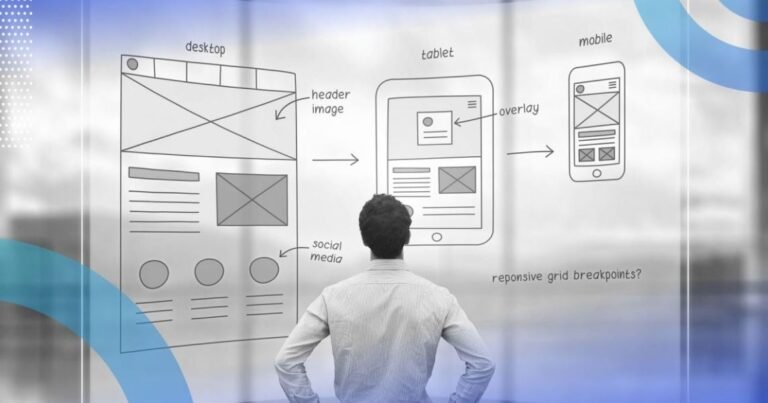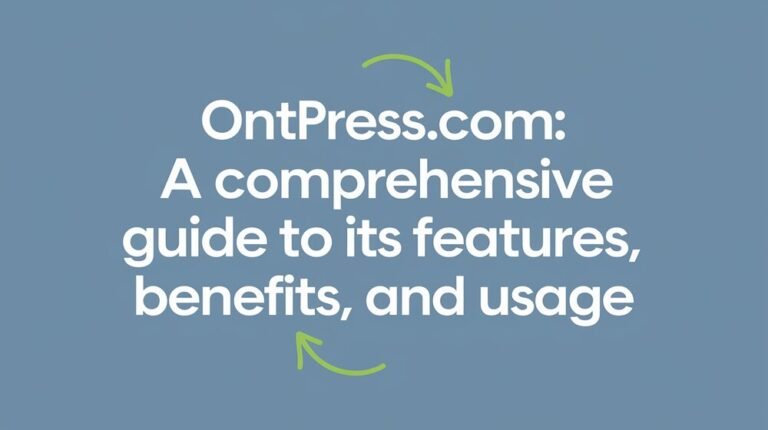A Marketer’s Guide to Custom GPTs

In the rapidly evolving digital marketing landscape, staying ahead of the competition requires harnessing the power of cutting-edge technologies. Enter Custom GPTs, an exciting frontier in artificial intelligence and marketing. Custom GPTs, short for Generative Pre-trained Transformers, are AI models that have gained significant traction among marketers seeking innovative solutions to enhance their strategies.
These remarkable AI models are poised to revolutionize how marketers approach content generation, audience targeting, and automation. As technology continues to shape the marketing landscape, understanding and leveraging Custom GPTs can provide businesses with a substantial edge. In this comprehensive guide, we will delve deep into the world of Custom GPTs, exploring what they are, their numerous benefits, how to create them, and the myriad ways they can be employed to elevate your marketing efforts. Whether you’re a seasoned marketing professional or just beginning to explore the possibilities of AI, this guide will equip you with the knowledge and insights needed to navigate the exciting realm of Custom GPTs.
What are Custom GPTs?
Custom GPTs, short for Generative Pre-trained Transformers, are advanced artificial intelligence models built upon the foundation of the groundbreaking GPT technology. These models are designed with customization in mind, allowing marketers to adapt them for specific industry needs and marketing strategies.
At their core, GPTs are language models trained on vast amounts of text data, enabling them to understand and generate human-like text. Custom GPTs are able to be fine-tuned and tailored to serve particular purposes within the marketing domain. This customization empowers marketers to leverage AI-driven content creation, audience segmentation, and automation, ultimately optimizing their marketing efforts.
Benefits of Custom GPTs in Marketing
Custom GPTs offer a multitude of advantages that can significantly enhance marketing endeavors. Firstly, they excel at content creation. Custom GPTs can generate high-quality, relevant, and engaging content across various platforms, from blog posts to social media updates. This content-generation prowess saves marketers valuable time and resources while maintaining a consistent brand voice.
Additionally, Custom GPTs enable precise audience targeting and personalization. They can analyze customer data to segment audiences effectively, helping marketers deliver tailored messages to specific demographics. Personalization leads to higher engagement rates, increased customer satisfaction, and improved conversion rates. Moreover, these AI models streamline marketing tasks through automation, handling repetitive chores like email marketing and data analysis. This automation frees marketers to focus on strategy and creativity, fostering efficiency and productivity. In the ever-competitive marketing landscape, the benefits of Custom GPTs are invaluable, offering a strategic edge for businesses seeking to thrive in the digital age.
How to Create a Custom GPT
Creating a Custom GPT model involves a well-defined process that begins with data collection and preprocessing. Marketers need a substantial dataset relevant to their industry or specific marketing goals. This data should be cleaned and structured for optimal results.
Next, selecting a suitable base GPT model is crucial. Consider factors such as model size, pre-training data, and computational resources available. Once you’ve chosen a base model, the custom GPT needs to be trained using your dataset. This training process fine-tunes the model, aligning it with your marketing objectives.
Fine-tuning is an iterative process involving adjustments to model hyperparameters and continuous evaluation. Rigorous testing ensures that the Custom GPT meets performance standards.
Use Cases for Custom GPTs in Marketing
Custom GPTs, or Generative Pre-trained Transformers, are proving to be indispensable marketing tools. One prominent use case is content generation. These AI models can craft high-quality blog posts, compelling social media content, videos, and product descriptions. Custom GPTs save time and maintain brand consistency, ensuring your content resonates with your audience.
Another significant application lies in audience insights. Custom GPTs can analyze customer feedback, predict market trends, and create detailed buyer personas. This data-driven approach empowers marketers to make informed decisions and tailor their strategies to specific audience segments, leading to better engagement and higher conversion rates.
Additionally, Custom GPTs are reshaping customer support and chatbot interactions. By integrating these AI models, businesses can offer more intelligent, round-the-clock customer assistance. This results in improved user experiences, reduced response times and enhanced customer satisfaction. As the marketing landscape continues to evolve, Custom GPTs are proving to be versatile allies, providing innovative solutions to meet the demands of a competitive digital world.
Challenges and Considerations
While Custom GPTs offer substantial benefits, there are significant challenges and considerations to remember. Ethical concerns are at the forefront, as AI-generated content may inadvertently propagate biases or misinformation. Marketers must remain vigilant in addressing these issues and ensuring responsible AI use.
Data privacy and compliance are also critical. Handling customer data responsibly is paramount, with a particular focus on adhering to data protection regulations such as GDPR. Marketers must strike a balance between data utilization for customization and respecting user privacy.
Moreover, cost and resource allocation pose challenges. Building and fine-tuning Custom GPTs can require significant data and computational resources investments. Smaller businesses may need to explore cost-effective strategies or consider collaborating with AI service providers to harness the benefits of custom AI without breaking the bank. Navigating these challenges and considerations thoughtfully is essential to maximize the advantages of Custom GPTs while maintaining ethical and legal integrity in marketing practices.
Future Trends in Custom GPTs for Marketing
The future of Custom GPTs in marketing holds immense promise. We can expect Custom GPTs to become even more sophisticated and versatile as AI technology advances. These AI models will evolve to understand nuanced user preferences better, allowing for even more precise content personalization.
Furthermore, integration with emerging technologies is on the horizon. Custom GPTs could seamlessly combine augmented reality (AR) and virtual (VR) experiences, creating immersive and engaging marketing campaigns. Additionally, Natural Language Processing (NLP) advancements will enable Custom GPTs to have more meaningful and context-aware conversations with users, further enhancing customer interactions.
Conclusion
Custom GPTs represent a transformative force in the realm of marketing. Their ability to generate content, target audiences, and automate tasks offers many opportunities. However, marketers must tread carefully when addressing ethical concerns, data privacy issues, and cost considerations.
Looking ahead, the future of Custom GPTs in marketing is promising, marked by continuous technological advancements and integration with emerging trends. By staying responsible and adaptable, marketers can harness the power of Custom GPTs to thrive in the dynamic landscape of digital marketing, achieving greater efficiency and engagement in their campaigns.






